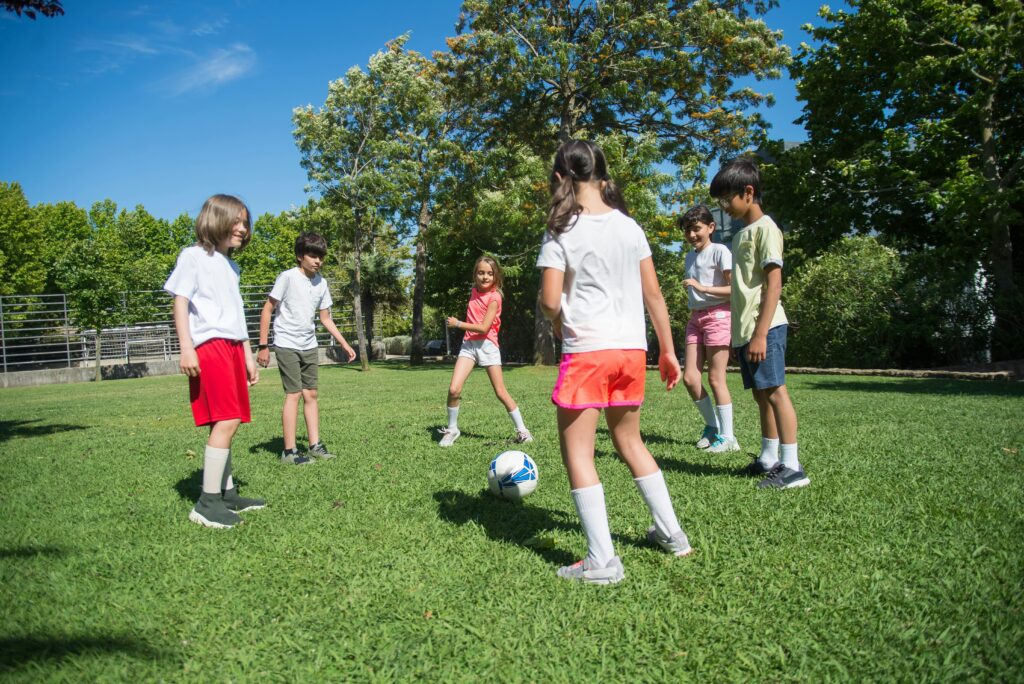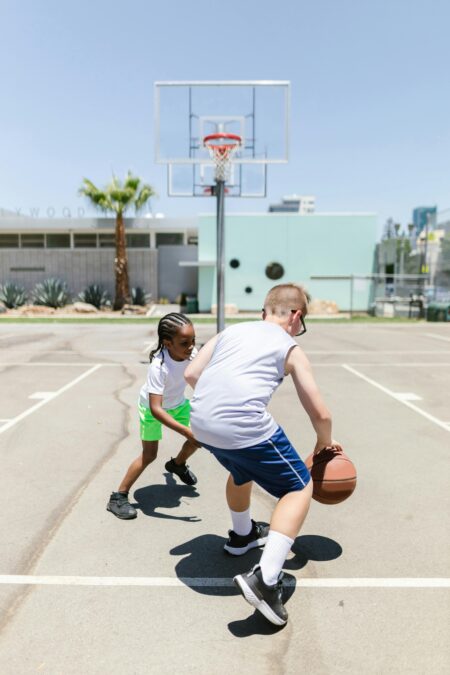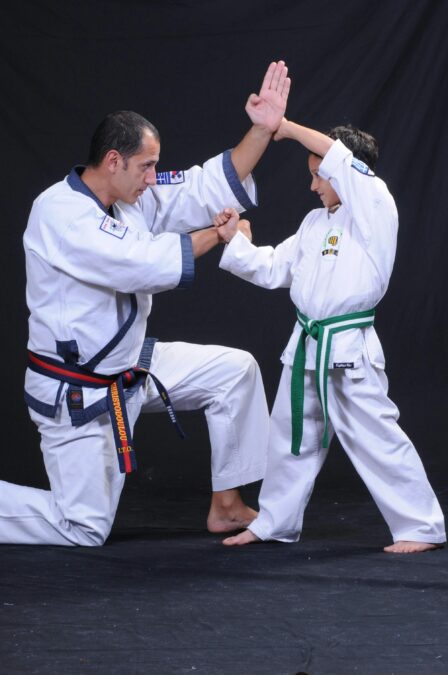Sports Activities for Kids

Getting kids involved in sports is one of the best ways to help them develop physically, emotionally, and socially. In today’s world, where screens often dominate children’s attention, it’s more important than ever to introduce them to activities that promote movement, teamwork, and discipline. Sports offer more than just physical exercise; they shape character, build confidence, and teach important life skills. So, what sports are best for kids, and how can parents encourage their children to stay active? Let’s dive into it.
The Importance of Sports in Childhood Development
Childhood is a critical time for growth and learning, and sports can play a huge role in that. Beyond just keeping kids physically fit, sports impact their cognitive, emotional, and social development in countless ways.
Physical Health Benefits of Sports
One of the most obvious benefits of sports is improving a child’s physical health. Regular participation in sports helps build strong bones and muscles, improves cardiovascular health, and increases overall stamina. Moreover, kids who play sports are less likely to become overweight or suffer from lifestyle-related conditions like diabetes and hypertension.
Mental and Emotional Benefits
Sports can have a profound effect on a child’s mental health as well. It’s not just about the body; it’s about the mind, too. Regular physical activity releases endorphins, which can reduce stress and boost a child’s mood. Kids who engage in sports often show greater self-discipline, better focus, and are more resilient in the face of challenges.
Social Skills and Teamwork

Engaging in team sports, in particular, helps children develop social skills. They learn how to communicate effectively, resolve conflicts, and work as part of a group toward a common goal. Whether it’s learning to pass the ball in soccer or strategizing during a basketball game, teamwork is a critical skill they can carry into adulthood.
Popular Sports Activities for Kids
There’s a wide range of sports activities to choose from, and picking the right one for your child can be both fun and challenging. Here are some popular sports for kids that not only keep them active but are also enjoyable.
Soccer (Football)
Soccer is one of the most popular sports globally, and for good reason. It’s easy to learn, and all it requires is a ball and some space. Soccer teaches kids about coordination, teamwork, and endurance. It’s also great for improving agility and speed.
Basketball

Basketball is another fantastic option for kids. It requires hand-eye coordination, quick reflexes, and strategic thinking. Basketball can be played in both teams or solo, making it versatile for practice.
Swimming
Swimming is a low-impact sport that works out the entire body. It’s a great way for kids to build endurance, strength, and flexibility. Plus, it teaches an essential life skill—water safety.
Gymnastics
Gymnastics is ideal for younger kids with a lot of energy. It helps improve flexibility, balance, and coordination. Gymnastics is especially beneficial for developing core strength and overall body control.
Martial Arts

Martial arts, such as karate or taekwondo, offer both physical and mental benefits. They teach discipline, respect, and self-defense, while also improving balance, strength, and agility.
Choosing the Right Sport for Your Child
Not every child is the same, and neither are their interests or abilities. Finding the right sport involves considering your child’s preferences and ensuring the activity is age-appropriate.
Consider Your Child’s Interests
The first step in choosing a sport is asking your child what they enjoy. Do they prefer team-based activities or individual pursuits? Are they drawn to fast-paced games or something more relaxed?
Age-Appropriate Sports
Some sports are better suited for certain age groups. Younger children might enjoy simpler, less structured activities like running or swimming, while older kids may prefer more complex sports like basketball or soccer.
Understanding Your Child’s Physical Abilities
It’s also important to match the sport with your child’s physical abilities. For example, a child with a lot of energy and stamina may enjoy running-based sports like soccer, while a child who enjoys precision might prefer sports like archery or gymnastics.
The Role of Parents in Supporting Sports Participation
Parents play a huge role in encouraging their children to participate in sports. However, it’s important to strike a balance between motivation and pressure.
Encouraging Without Pressuring
While it’s great to be enthusiastic, it’s essential not to push your child too hard. Encourage them to try different sports until they find one they love. Remember, the goal is for them to have fun, not to become a professional athlete (at least not right away!).
Creating a Healthy Sports Routine
Consistency is key when it comes to sports. Help your child establish a routine that balances practice with rest and other activities. Overloading them can lead to burnout or injuries, so make sure they have time for recovery and relaxation.
Being a Role Model
Children often look up to their parents for guidance. If you engage in physical activities yourself, your child is more likely to follow suit. Whether it’s joining a local sports league or simply going for a family jog, being active together can be a great bonding experience.
The Lifelong Benefits of Early Sports Participation

Getting kids involved in sports from an early age can offer benefits that last well into adulthood. Sports aren’t just for childhood; they lay the foundation for a healthy, active lifestyle.
Developing Healthy Habits
Kids who participate in sports are more likely to continue being active as they grow older. This can reduce the risk of obesity and other health issues later in life. Moreover, sports teach kids the importance of discipline and perseverance, which can translate into other areas of their lives, like school and work.
Building Confidence and Leadership Skills
Being part of a team or excelling in an individual sport can boost a child’s self-confidence. Leadership opportunities also arise in sports, allowing kids to develop decision-making skills and take on responsibilities, preparing them for future roles in life.
Conclusion
Involvement in sports offers kids a well-rounded, healthy start in life. It’s not just about physical activity; sports build emotional resilience, foster social connections, and equip children with essential life skills. By supporting your child’s athletic journey, you’re setting them up for success, both on and off the field.



